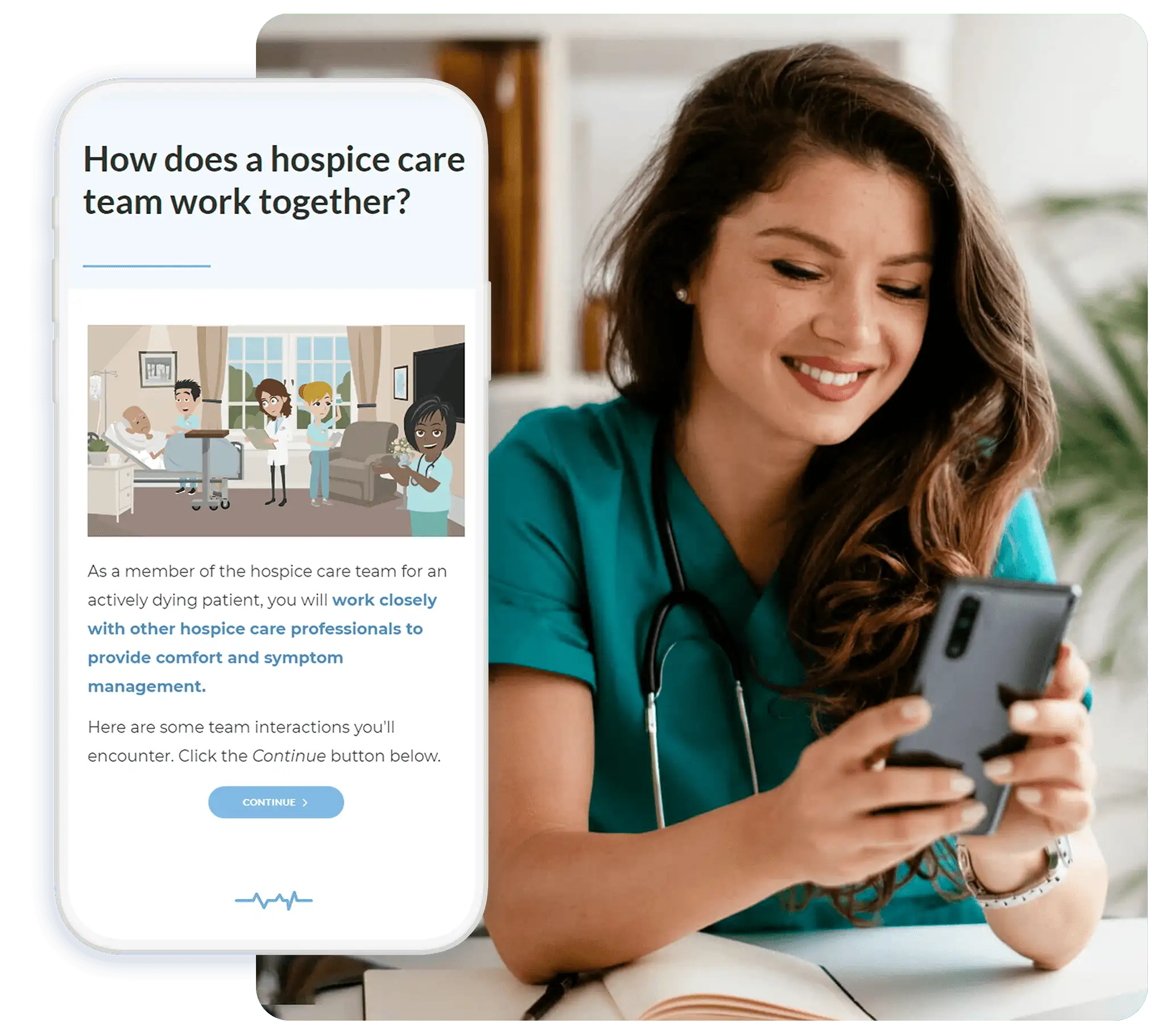Life Review Questions for Hospice Patients
Life review is essential to hospice care, allowing patients to reflect on their lives, process their experiences, and impart wisdom to their loved ones. This guide provides hospice caregivers and nurses with comprehensive life review questions to facilitate meaningful patient conversations. By using this guide, you can help patients find closure and enhance their overall well-being during the final stages of life.

Reflecting on Childhood
- Can you share your earliest memories?
- Describe your childhood experiences.
- Who were your primary caregivers, and what were their personalities like?
- Tell me about your siblings and your relationship with them.
- Describe the house and neighborhood you grew up in.
- What is your fondest memory from your childhood?
- What important lessons did you learn during your early years?
- How would you describe your family’s economic status growing up?
- What was your relationship like with your grandparents?
- What were your favorite games and recreational activities?
- Can you share some of your family traditions?
- What was your favorite toy as a child?
- Describe your school experiences.
- Did you have any pets growing up?

CONTINUA LEARNING
Simplify Your Hospice Team’s Training and Skill Building
A complete solution for your agency: more than 125 hospice courses, caregiver in-services, training plans, and more.
Navigating Adolescence
- What are your most vivid memories from your teenage years?
- How would you describe your personality during adolescence?
- What expectations were placed on teenagers during your time?
- Tell me about your school and the education you received.
- Who were your closest friends in your teenage years?
- Describe your relationship with your parents during adolescence.
- Did you have any role models, mentors, or heroes?
- Did you travel during your teenage years? Share your experiences.
- What chores were you responsible for as a teenager?
- When did you start dating? Share memories of your first date and first kiss.
- Describe your first job and your earnings.
- What challenges did you face as a teenager, and what did you enjoy most?
Embracing Adulthood
- Share your experiences from your twenties and thirties.
- Did you get married? What attracted you to your partner?
- Tell me about your children, if you have any.
- Describe your first car and learning to drive.
- How would you describe yourself during this stage of life?
- What hobbies and interests did you pursue?
- What role did money play in your life during this time?
- Describe your career and professional experiences.
- Who were your closest friends as an adult?
- What challenges did your family face?
- Share your favorite memories from this time in your life.
- What lessons about marriage would you pass on to others?
- Describe the places you lived during adulthood.
- What major historical events impacted you the most?
- Which president had the most significant impact on your life?
Growing Older and Wiser
- What challenges and joys did you experience during your middle adulthood?
- How did these experiences shape your perspective on the world and your way of living?
- What accomplishments are you most proud of?
- Do you have any regrets or unfulfilled dreams?
- What do you consider your greatest successes?
- How has your life met, exceeded, or fallen short of your expectations?
- Do you practice any faith or spiritual traditions?
- Can you share some defining moments from your life?
- What advice would you give to your children and grandchildren?
- Do you miss any aspects of the “good old days”?
In conclusion, engaging hospice patients in a life review using these comprehensive questions can facilitate meaningful conversations, be part of an hospice patient activity plan, and provide a sense of closure during their final stages of life.. As a hospice caregiver, nurse, or manager, you support patients as they reminisce, process their experiences, and share their wisdom with loved ones. Utilizing these questions can enhance the quality of care provided and create a positive and supportive environment for both patients and their families.
If you found this article helpful, please consider sharing it. Consider hospice training online for your hospice team to learn and practice hospice skills, such as helping patients reflect on their lives.
